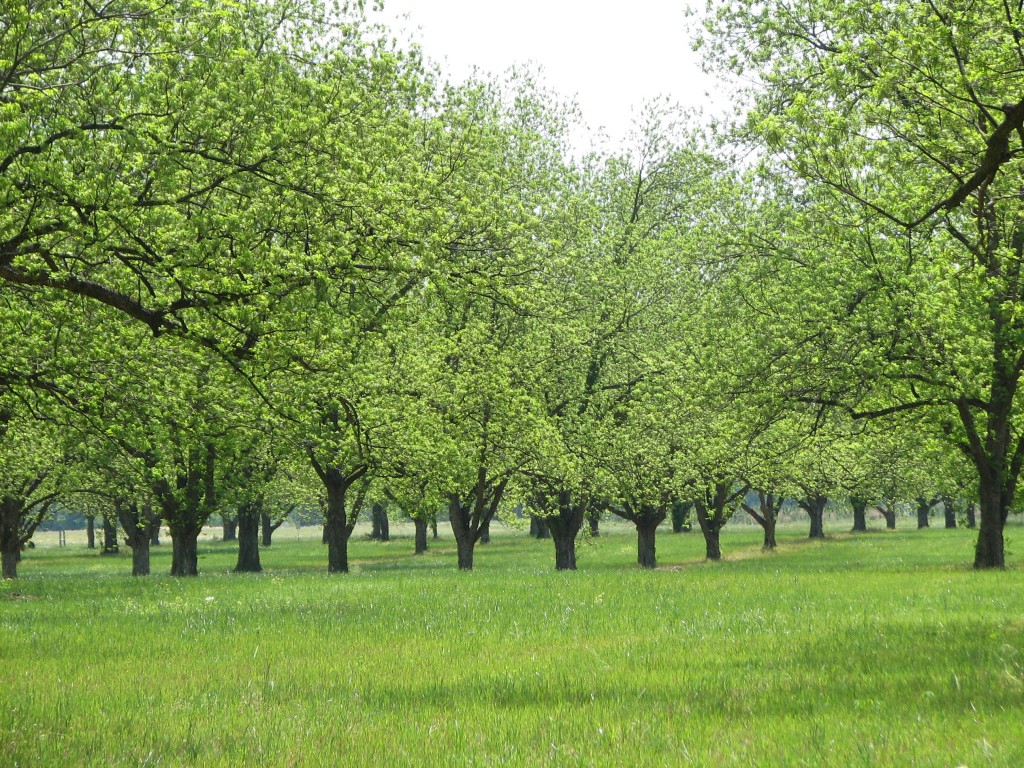Recent Posts
-
The schedule for our county production meetings can be seen below. All meetings are lunch meetings unless shown otherwise. Contact the county extension office in your respective county for exact location: Feb. 3 Peach County Feb. 5 Tattnall/Evans County Feb. 9 Colquitt County Feb. 10 Wilcox/Pulaski County Feb. 11 Appling County Feb. 19 Houston County Feb.
Posted in: Uncategorized -
I recently received the first issue of the American Pecan Board Newsletter. The American Pecan Board (APB) was formed in May 2013 and represents all segments of the pecan industry. The board has been working towards a Federal Marketing Order (FMO) to benefit the domestic and global pecan market. This is one of the most important
Posted in: Uncategorized -
Early estimates placed the 2014 Georgia Pecan crop at 80-90 million lbs. But, as pecan producers have been gathering their crop, it has been obvious that the lbs making it into the wagons are not what they appeared to be on the tree. Current estimates have fallen to 70 million lbs or less. The rain we’re experiencing this week provides an opportunity to
Posted in: Uncategorized -
Pecan harvest is well underway and the most consistent observation regarding the 2014 pecan crop is small nut size. The effect of various factors on pecan nut size has been well studied; however, the exact reason for this year’s consistently small nut size is difficult to pin down. Most likely, there are several factors at work.
Posted in: Uncategorized -
As growers begin to harvest pecans, it is useful for them to know what current market prices are so that they can get the best possible price for their crop. The USDA Fed-State Market News Service provides price information for Georgia pecans at the following link: https://search.ams.usda.gov/mnreports/tv_fv140.txt Prices are updated each Tuesday and Thursday throughout the pecan harvest
Posted in: Uncategorized -
I’ve had a number of calls this week about various worries and issues as harvest approaches. Most of it has centered around leaf scorching, poor foliage condition and whether or not to spray for aphids at this point. Overall, foliage condition for 2014 has been the worst I have ever seen. Early leaf scab, anthracnose,
Posted in: Uncategorized -
I just returned from the National Pecan Shellers’ Association Annual Meeting in Seattle, Washington where New Mexico State Pecan Specialist, Richard Heerema and I gave a presentation on the cost of pecan production. Under the growing conditions we faced in 2013 and at the beginning of 2014, the cost of production rises rapidly as a result of the
Posted in: Uncategorized
